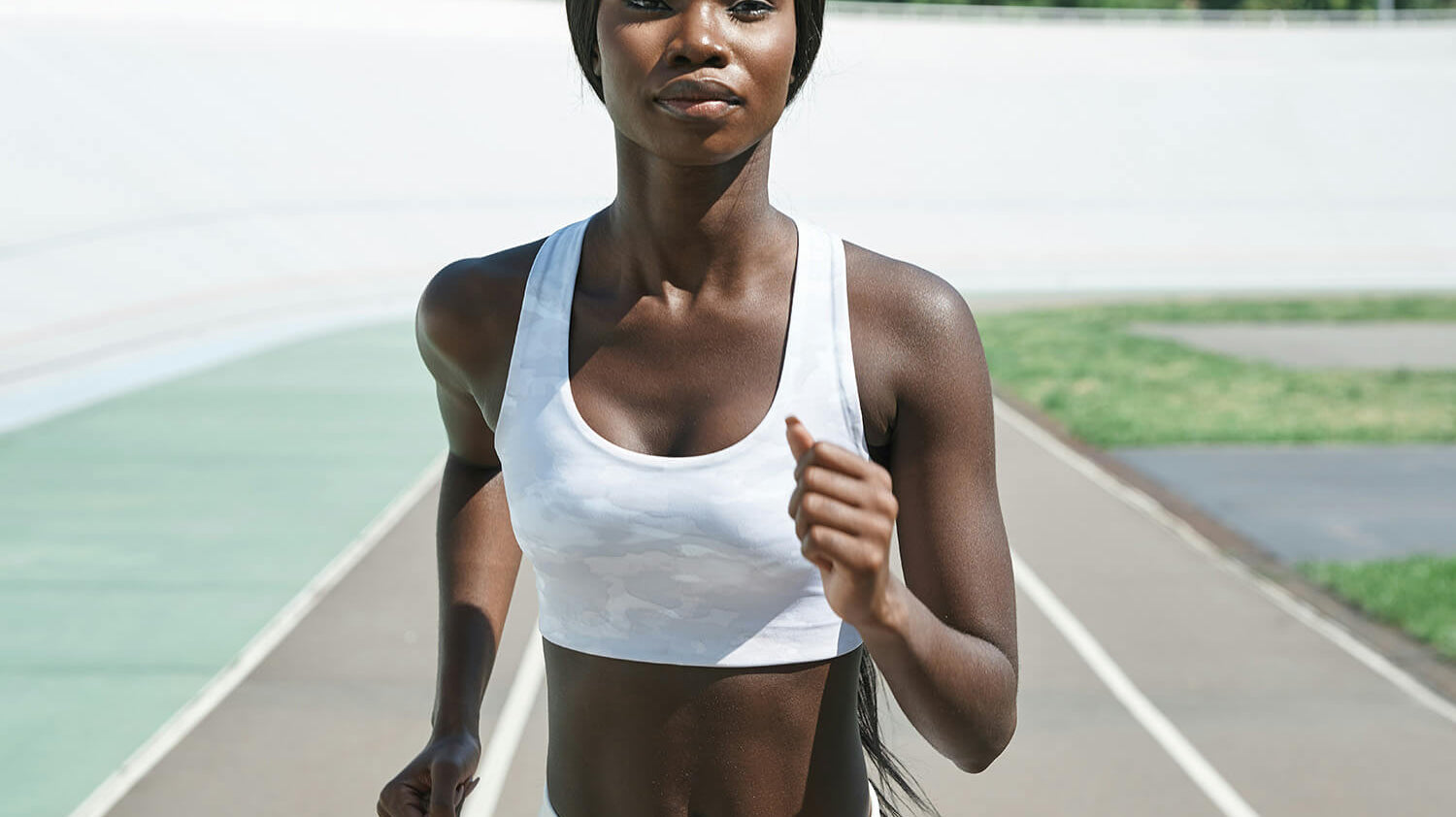by Sylvana Janssen
Are you someone who can't function in the morning without coffee? Or do you experience an afternoon slump and reach for an extra shot of caffeine? Coffee may feel like a quick solution to fatigue, offering a temporary surge of energy when you need it most. However, from an Ayurvedic perspective, this approach has a deeper cost.
Fortunately, there are natural ways to boost your energy without depending on coffee. By incorporating Ayurvedic practices into your daily routine, you can cultivate sustainable and nourishing energy that supports your body in the long run.
Why Coffee Depletes Your Energy
Coffee stimulates your nervous system, but it does this by taxing your adrenal glands. This creates an energy spike, followed by a crash. Ayurveda sees this as a disruption to your Vata and Pitta dosha, leading to:
-
Restlessness and anxiety
-
Digestive issues
-
Sleep problems and fatigue
-
Hormonal imbalance
While caffeine provides an immediate boost to your energy levels, it can lead to a depletion of vital energy over time. Instead of nourishing your body, it overstimulates the nervous system which can result in a cycle of temporary highs followed by crashes, leaving you more fatigued in the long term. Ayurveda encourages finding more sustainable, balanced ways to energize your body, ensuring that your energy is nourished and replenished rather than drained.
5 Ayurvedic Ways to Boost Your Energy
-
Start Your Day with Warm Water and Ginger instead of Coffee
Coffee can have a dehydrating effect on the body. So drinking warm water first thing in the morning may seem like a small thing, but this simple ritual hydrates your body and stimulates digestion, making you feel more energized right away. -
Choose Adaptogenic Herbs Like Ashwagandha and Shatavari
Adaptogens support the adrenal system, regulate hormones, and enhance the body’s ability to cope with stress without long-term harm. These Ayurvedic adaptogenic herbs help your body regulate stress better and provide a natural, long-lasting energy boost. -
Stimulate Your Circulation with a Morning Massage (Abhyanga)
Make massaging your body with warm sesame oil to improve circulation a part of your daily routine. This helps energize your body and reduce fatigue. -
Eat Energizing Foods Based on Your Dosha
Each dosha has specific nutritional needs, there’s no surprise there (especially if you’ve been here a while). Vata types need warm, nourishing meals with healthy fats. Pitta types feel better with cooling and light foods. Kapha types benefit from spicy and warming herbs to boost their energy.
-
Replace Coffee with Ayurvedic Teas
Herbs like tulsi, ginger, and cinnamon provide a natural energy boost without the negative effects of caffeine.
Sustainable Energy Begins with Balance
You don’t need coffee to feel energized. By embracing Ayurveda and incorporating its practices into your daily routine, you can nourish your body in a way that promotes sustained, balanced energy throughout the day. Ayurveda focuses on harmonizing your body’s natural rhythms, ensuring your energy remains stable without the peaks and crashes that caffeine often causes. Rather than relying on quick fixes, Ayurveda helps you tap into your body’s innate vitality, supporting both your physical and mental well-being.
Discover the Ayurvedic habits and rituals that work best for your unique body type and give yourself a natural, healthy energy boost that lasts. Take the quiz and get personalized advice for an energetic and balanced life, without caffeine crashes.
|
|
Disclaimer: The information contained in this article is intended for informational purposes only and is not a substitute for professional medical advice, diagnosis, or treatment. Always seek the advice of your qualified healthcare provider with any questions or concerns you may have regarding a medical condition.


 Sylvana is a certified Ayurvedic lifestyle coach, yoga instructor, and founder of AZEȲA. Her vision is to empower people to reconnect with themselves and the world around them, fostering a space of holistic well-being and transformation. She brings this vision to life by blending ancient wisdom with modern living to inspire meaningful, lasting change.
Sylvana is a certified Ayurvedic lifestyle coach, yoga instructor, and founder of AZEȲA. Her vision is to empower people to reconnect with themselves and the world around them, fostering a space of holistic well-being and transformation. She brings this vision to life by blending ancient wisdom with modern living to inspire meaningful, lasting change.

